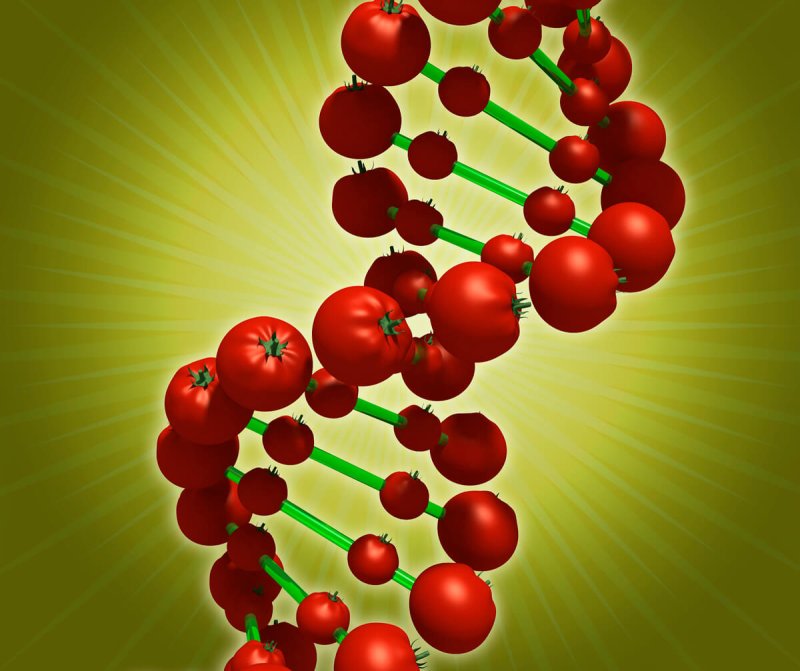Scientists have created genetically edited tomatoes, each containing as much provitamin D3 – the precursor to vitamin D – as two eggs or a tablespoon of tuna.
Outdoor field trials of the tomatoes are expected to begin in the UK next month, and if successful, could provide an important new dietary source of vitamin D.
Approximately 13-19% of Britons have low levels of vitamin D, which is needed to keep bones, teeth and muscles healthy. Our main source of this nutrient comes from exposing the skin to sunlight, which converts provitamin D3 into an active form of vitamin D that our bodies can use.
However, in the UK there is only enough sunlight to achieve this between April and September, meaning we have to rely on dietary sources – such as oily fish, red meat, egg yolks and mushrooms – or supplements. This is particularly challenging for vegans, as many supplements contain lanolin from sheep’s wool.
“Gene-editing tomatoes to accumulate provitamin D3 at levels above recommended dietary guidelines could result in better health for many especially as tomatoes are a widely accessible and readily eaten food,” said Guy Poppy, a professor of ecology at the University of Southampton.































